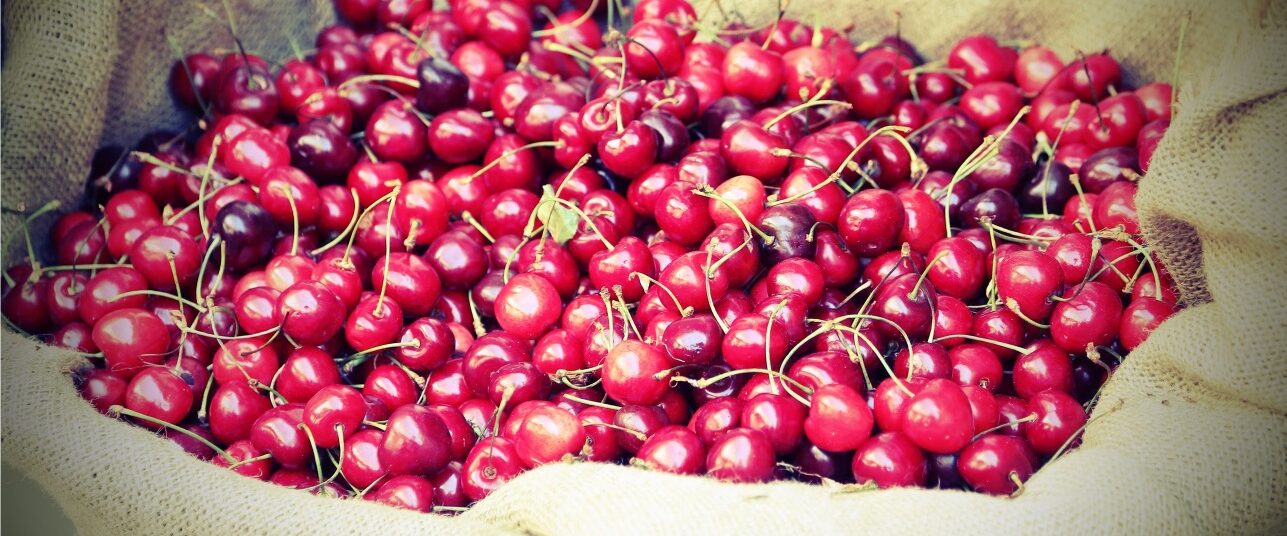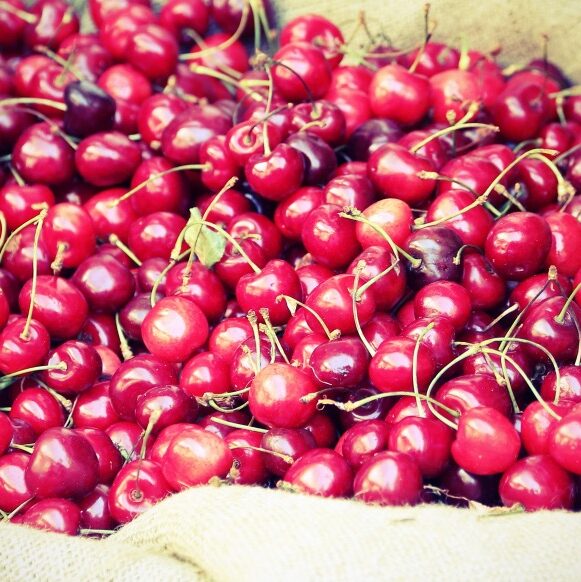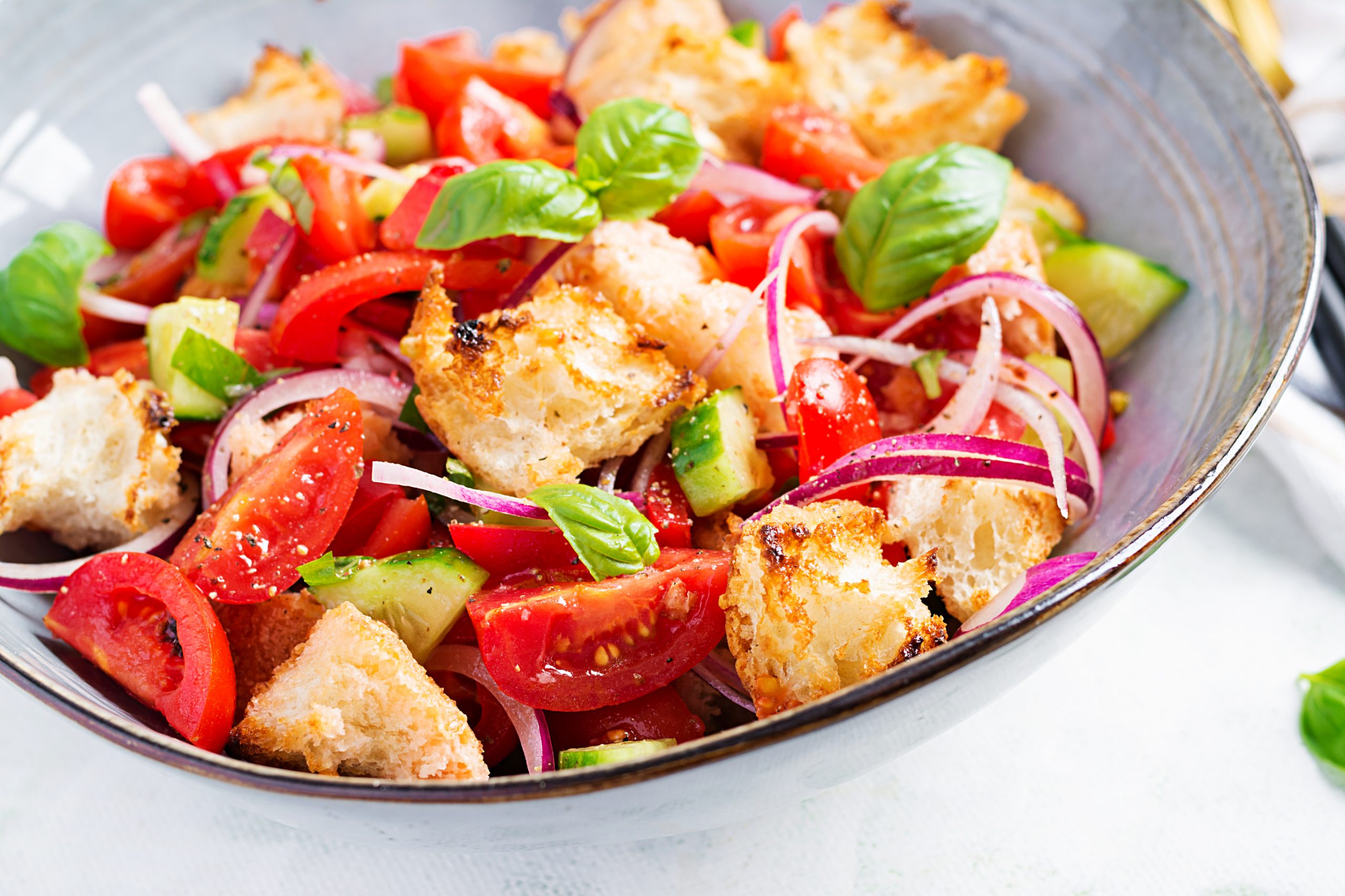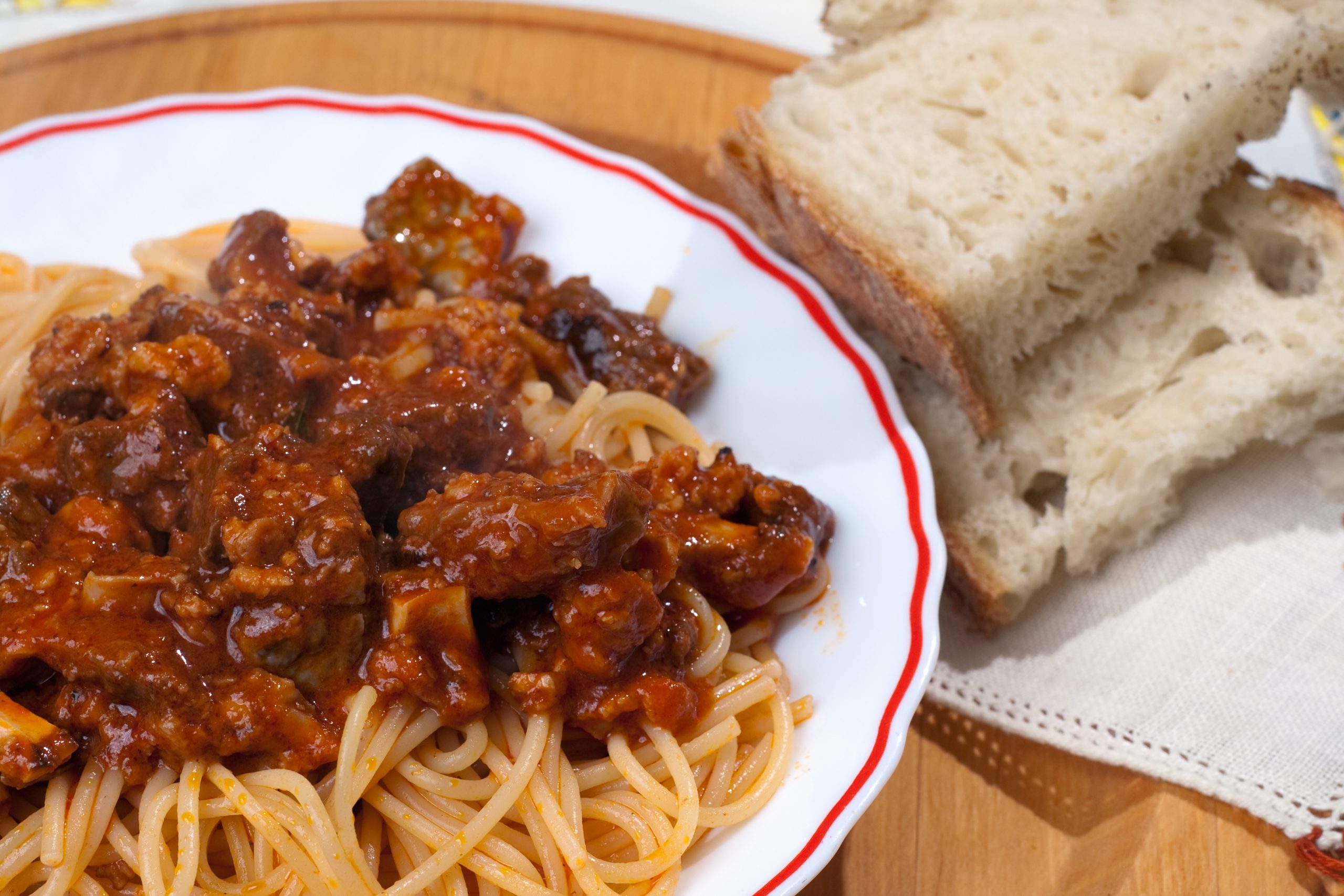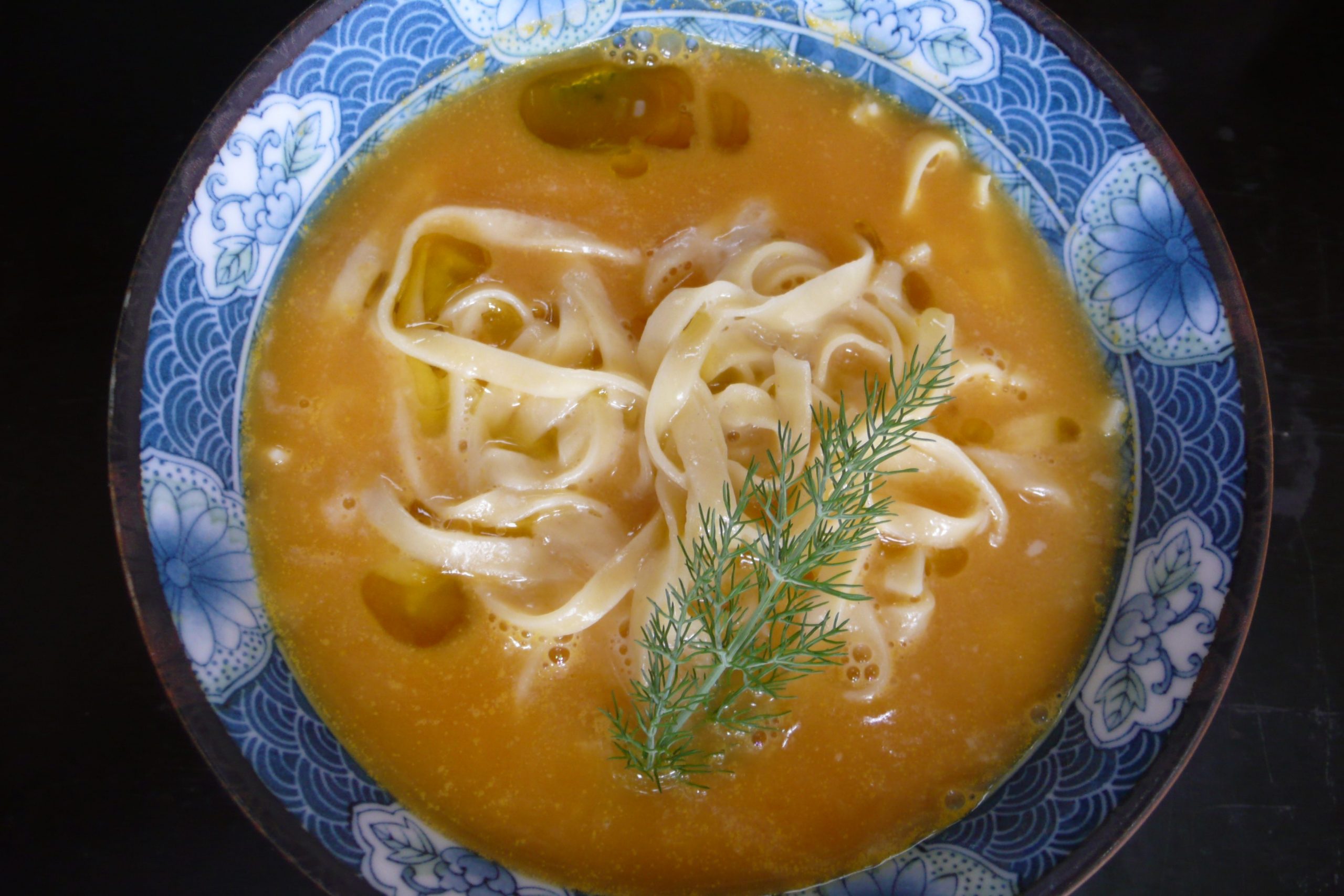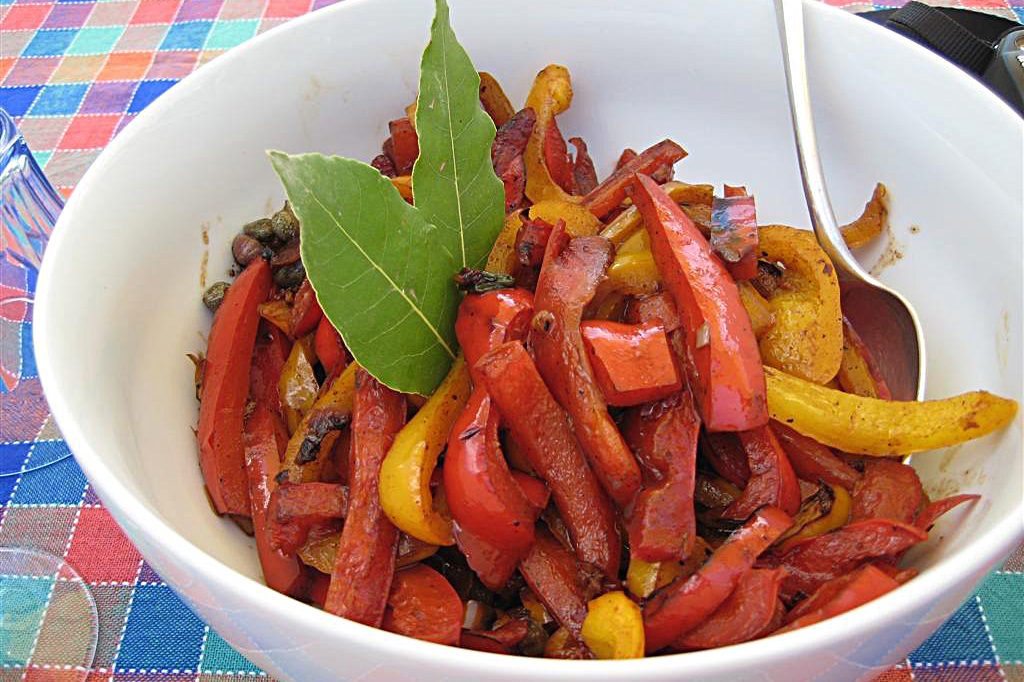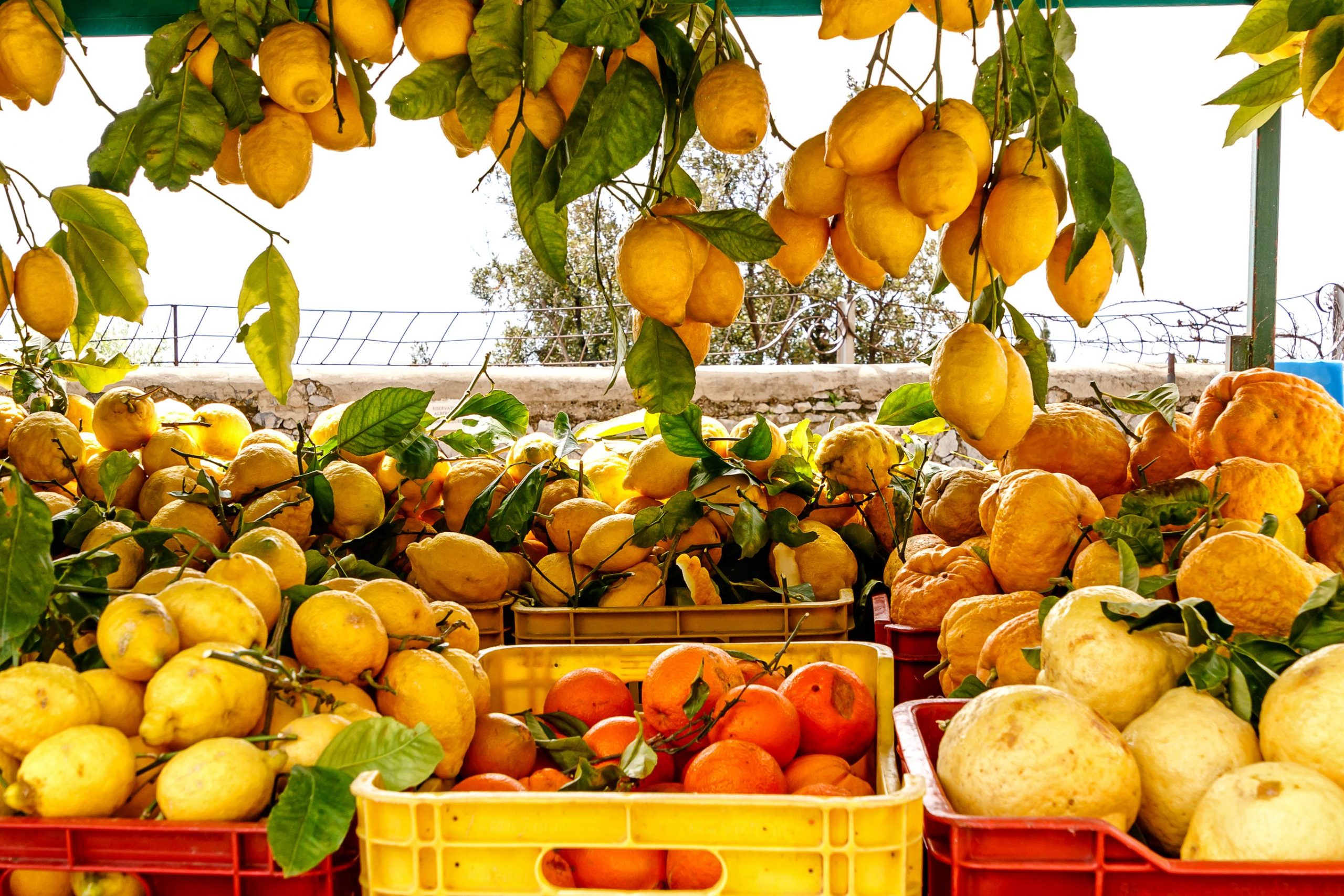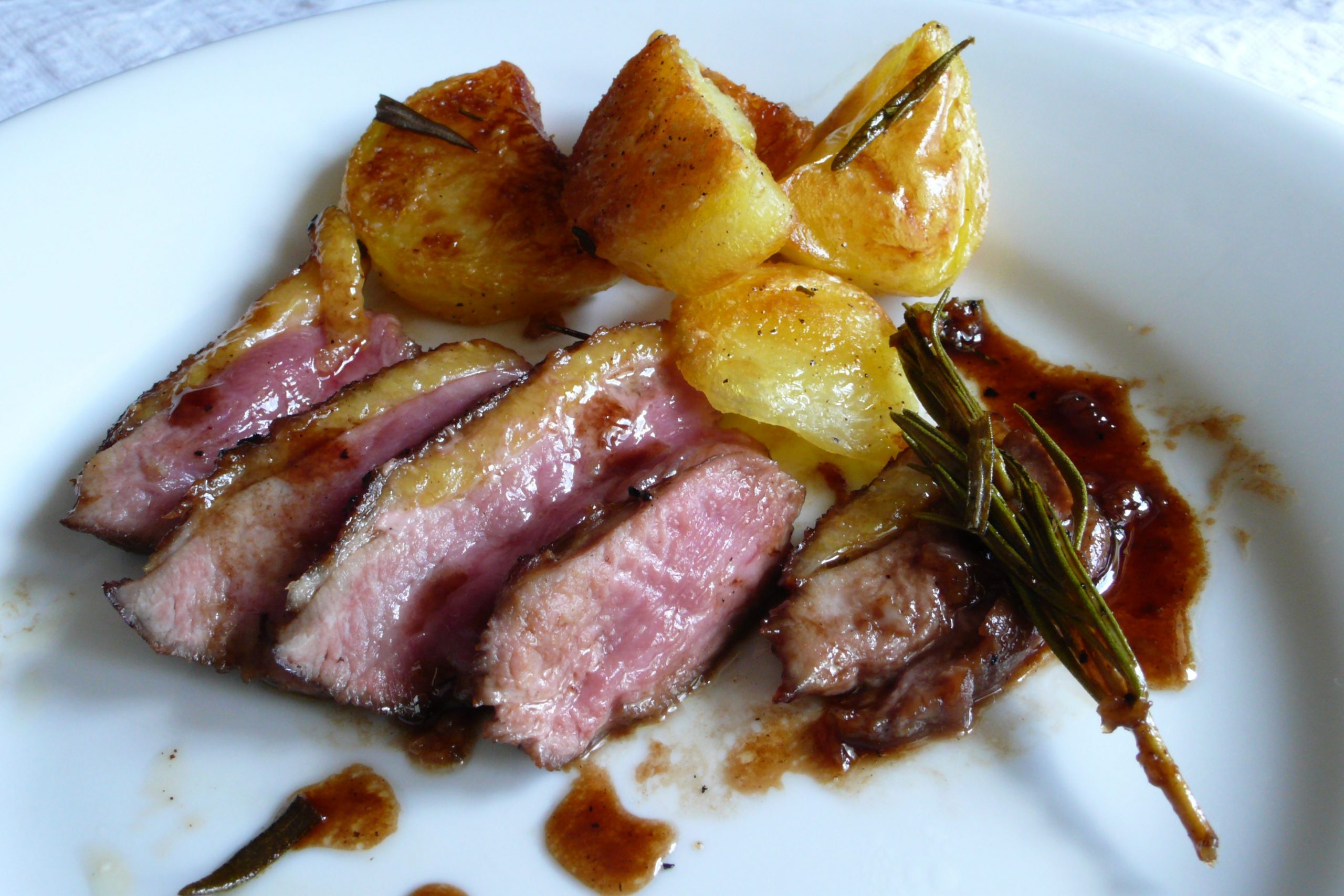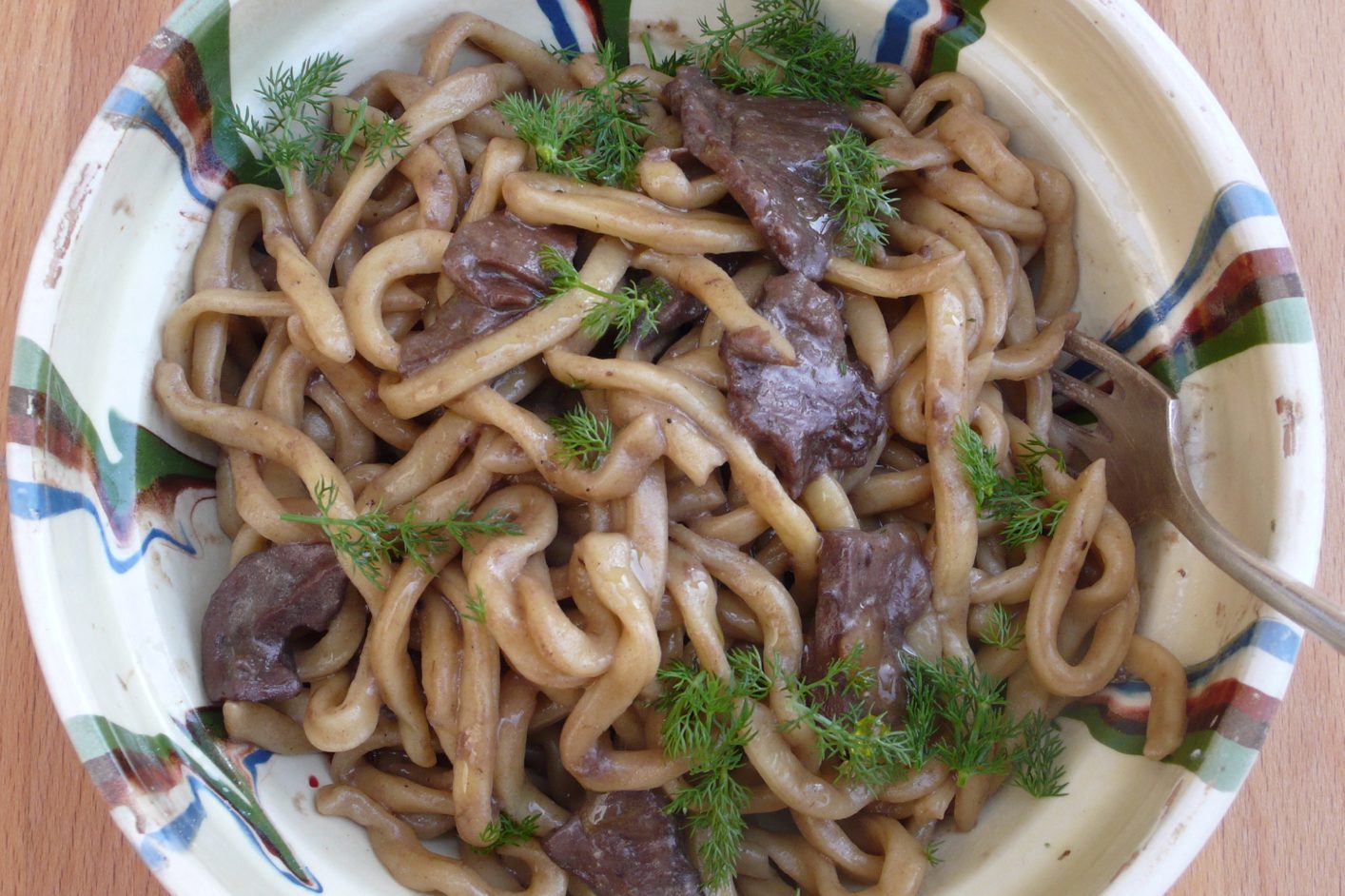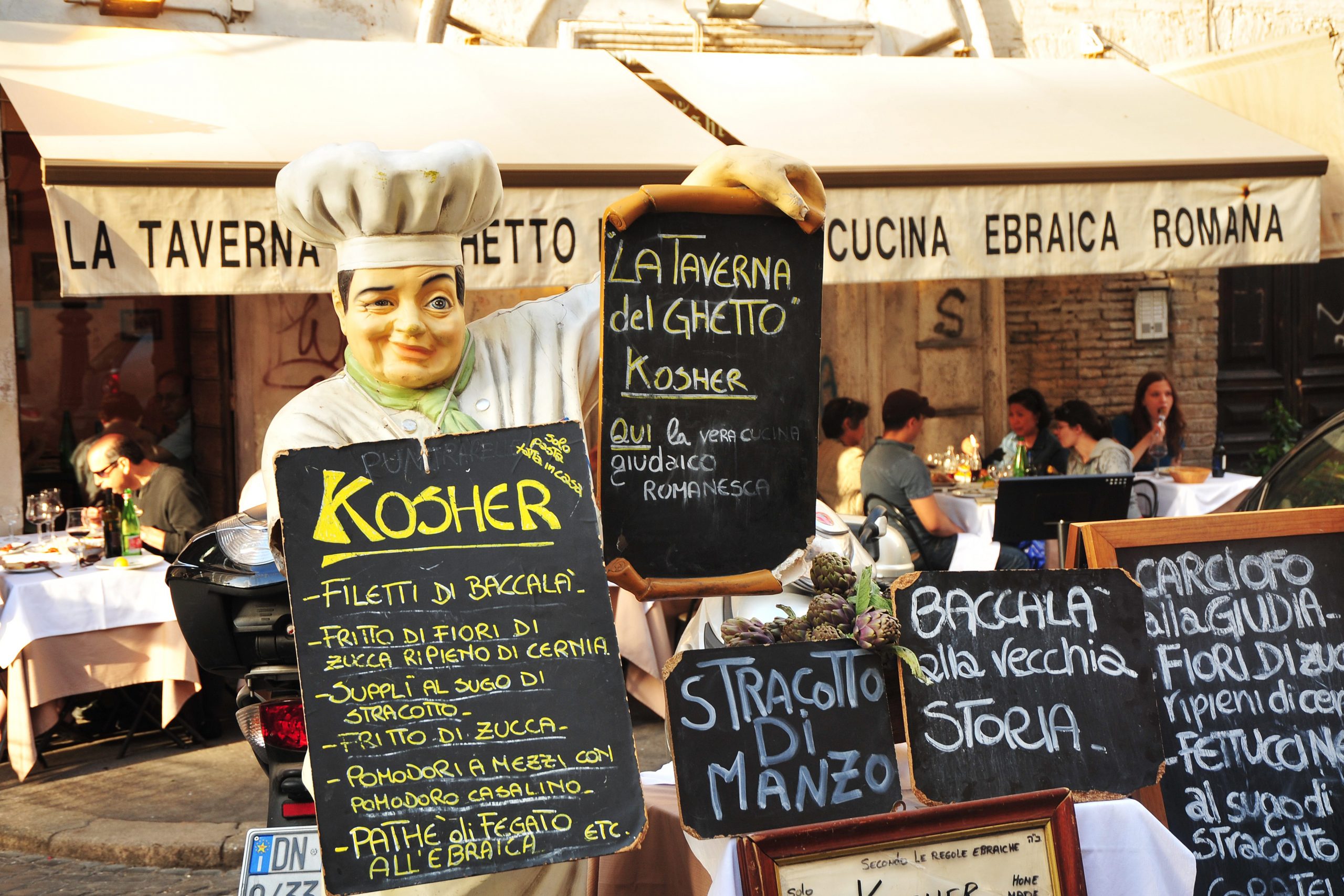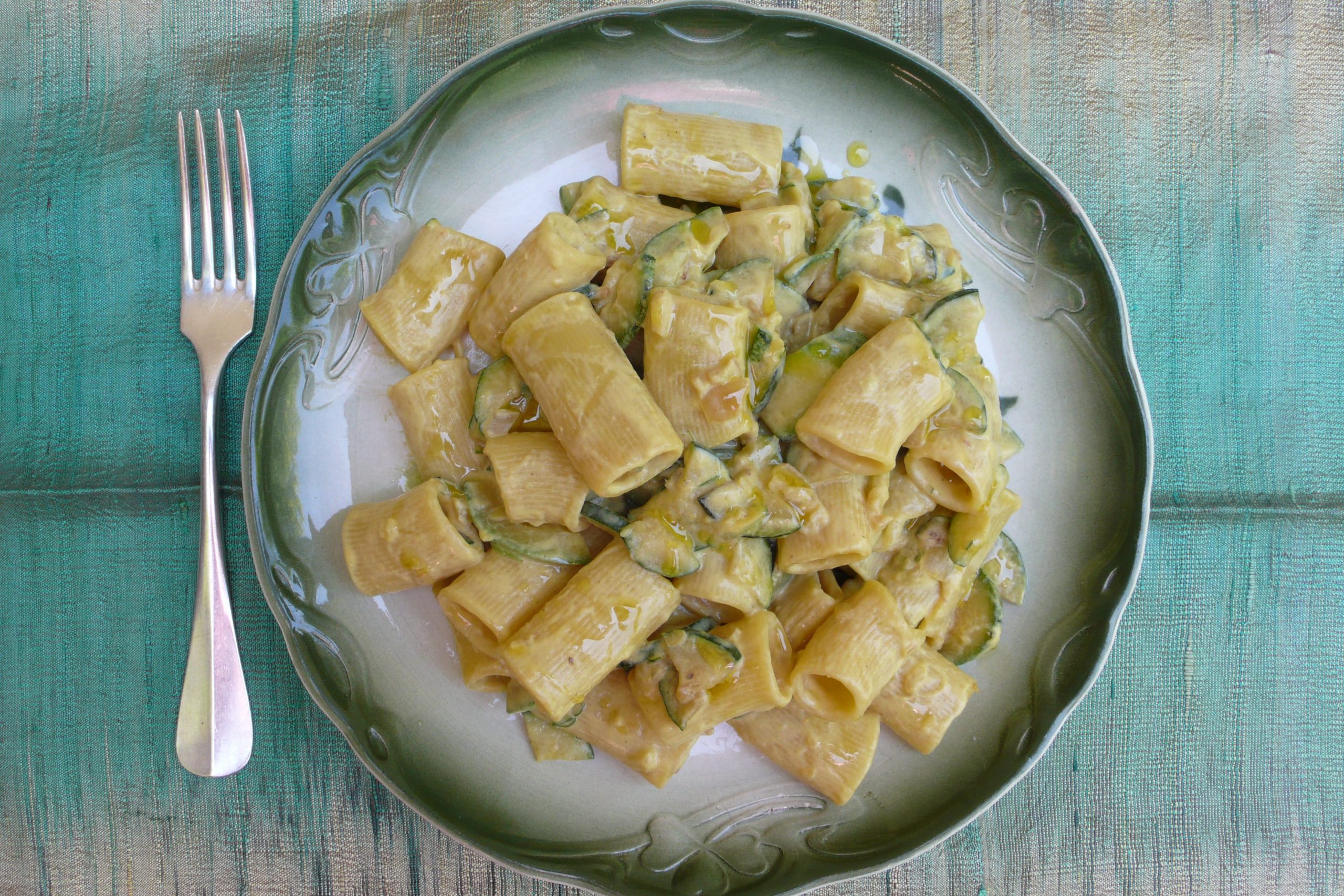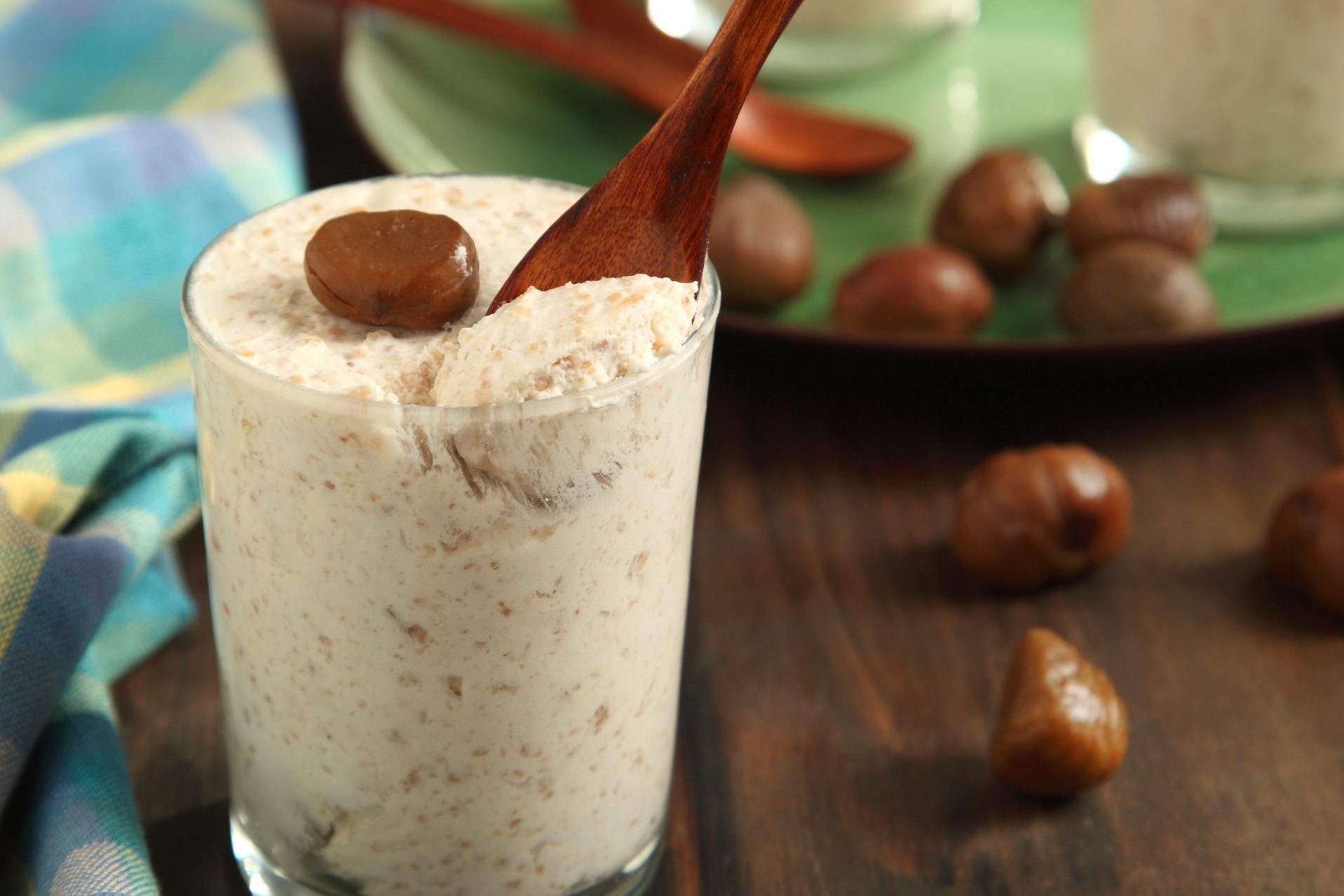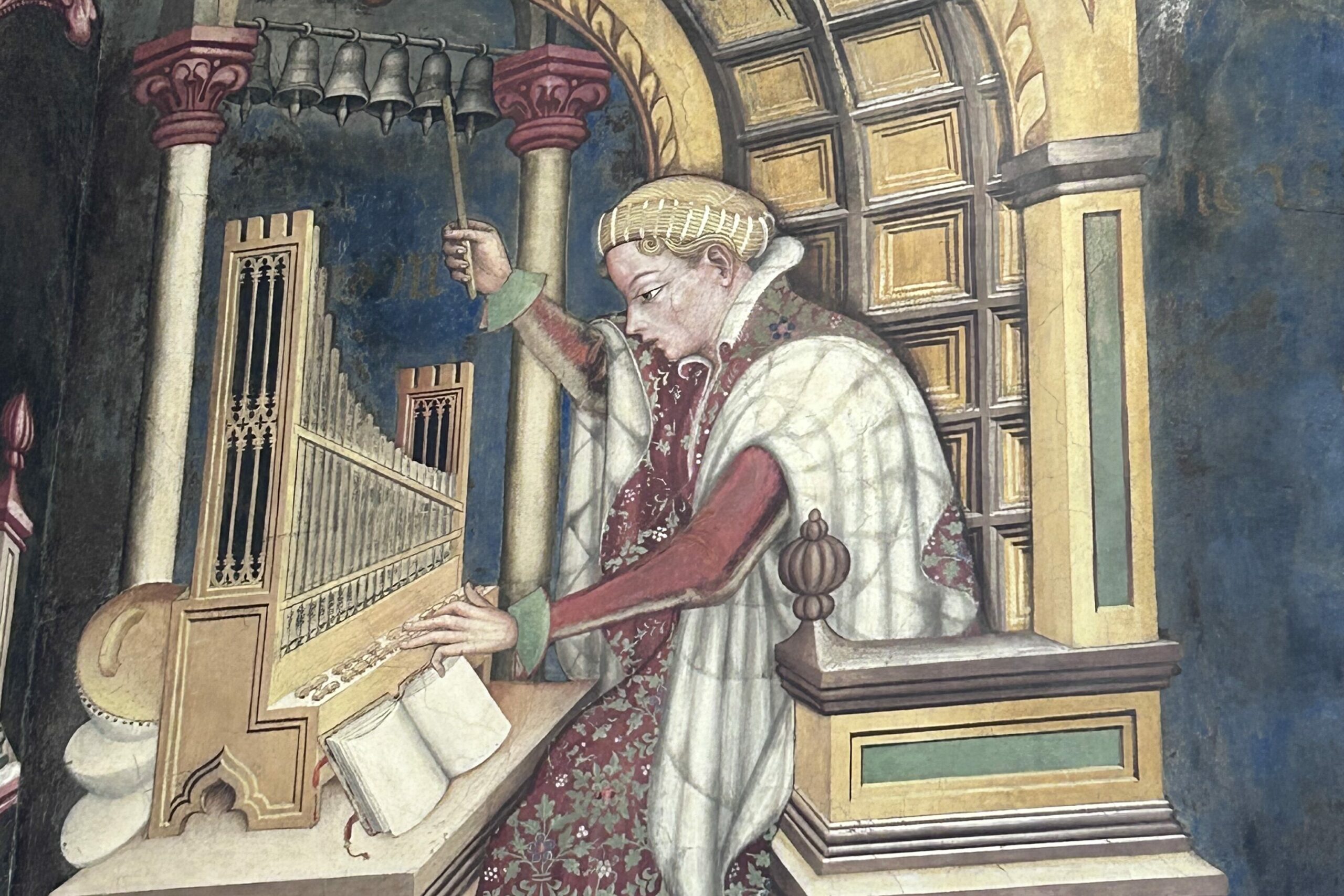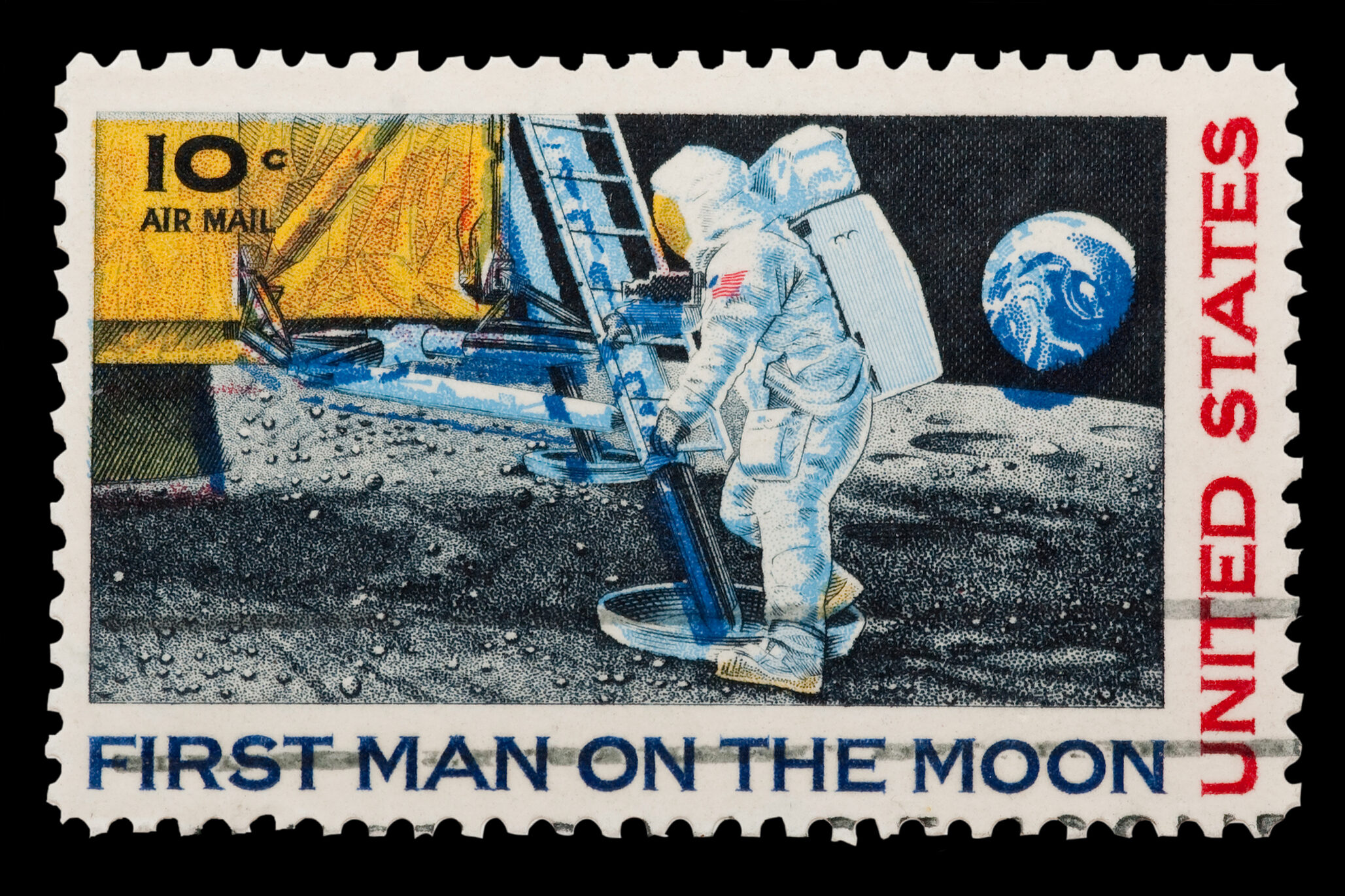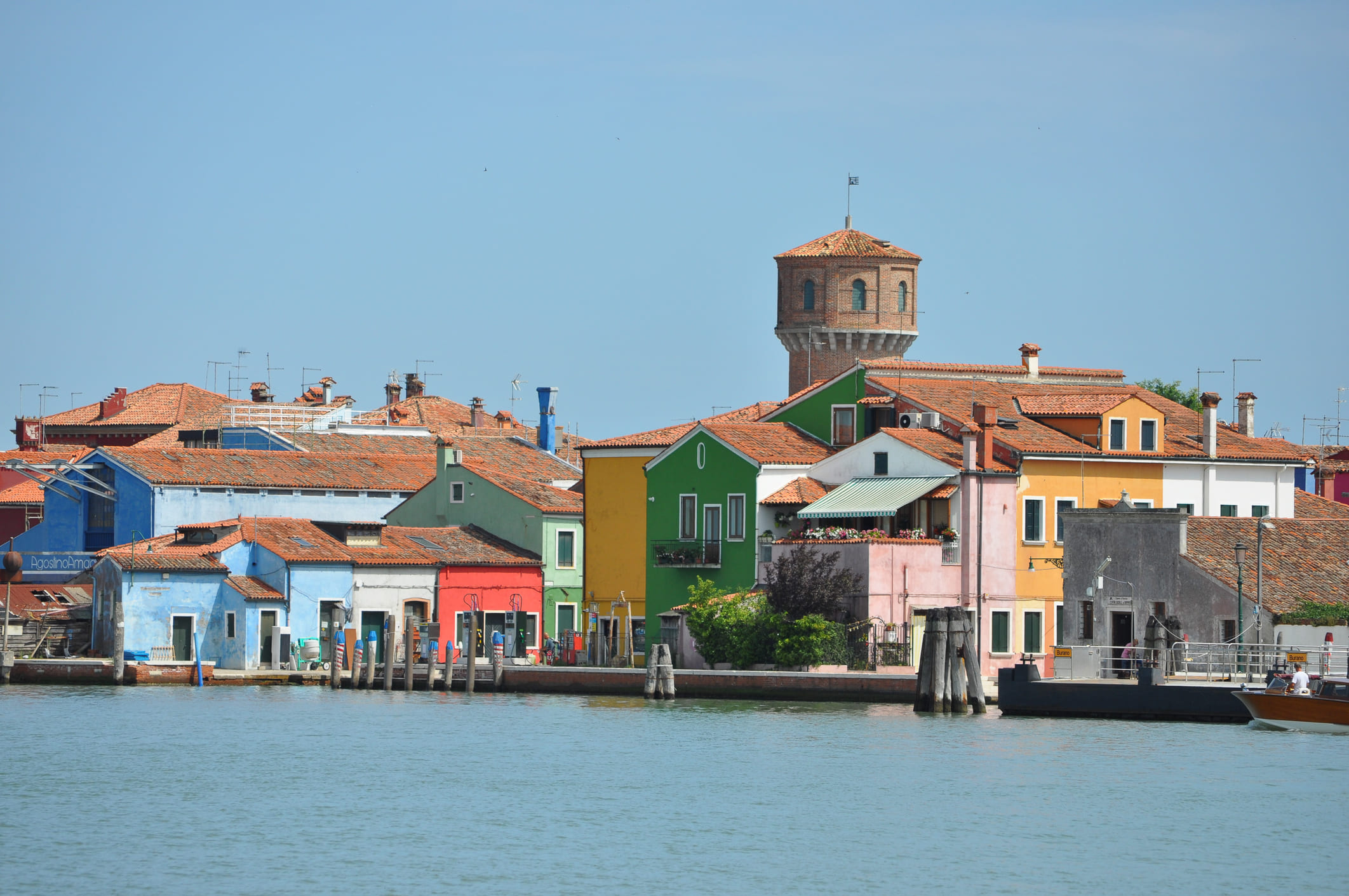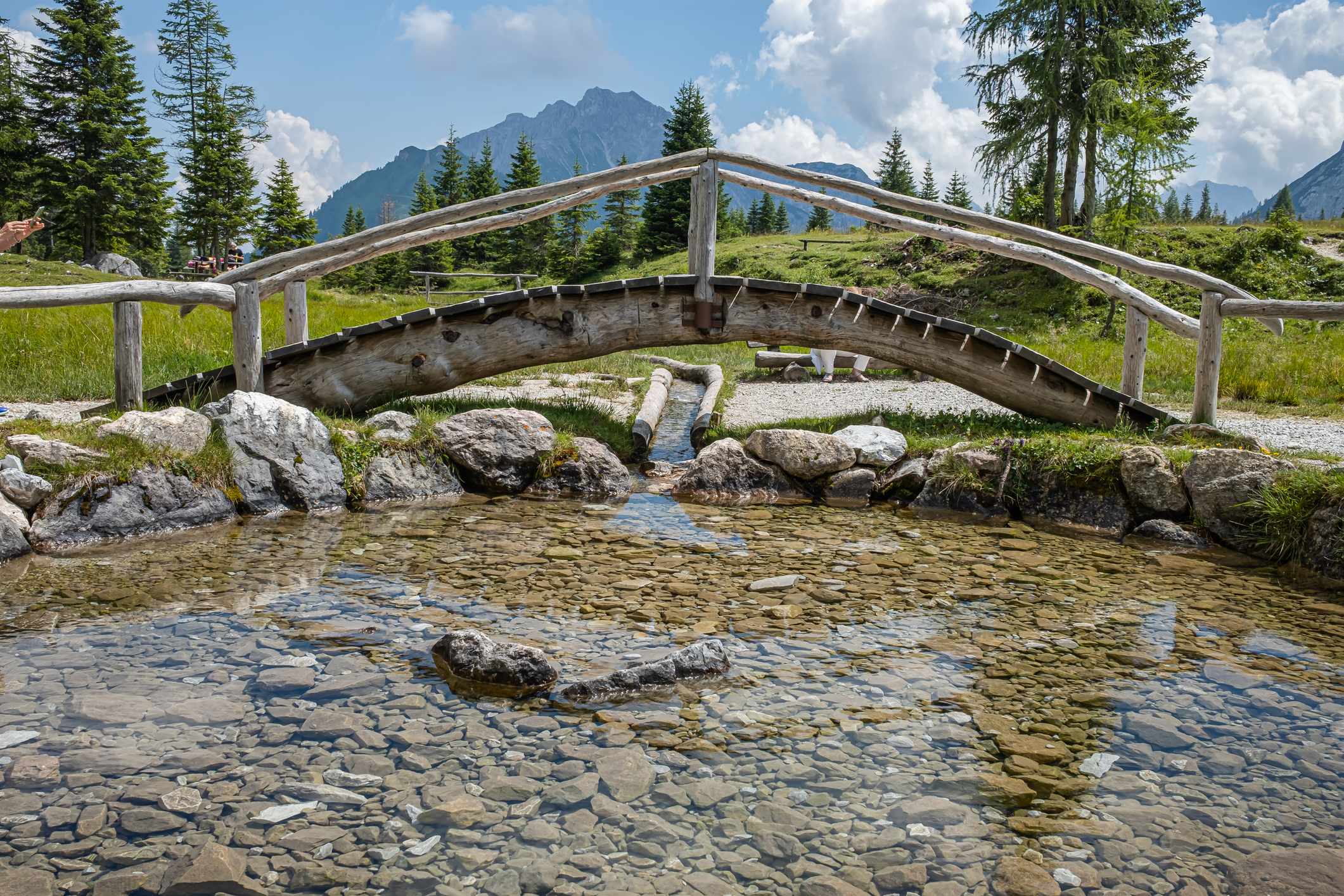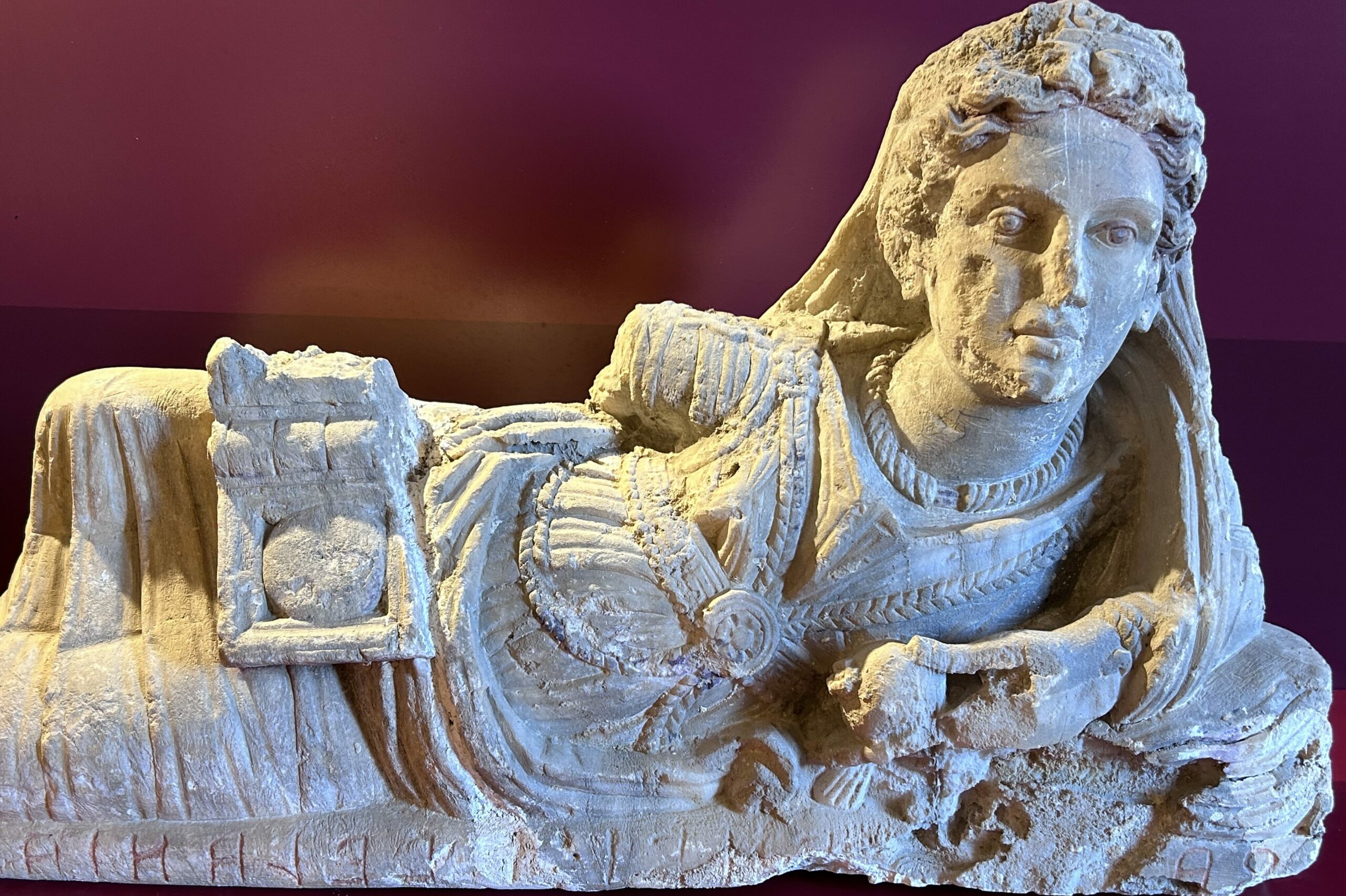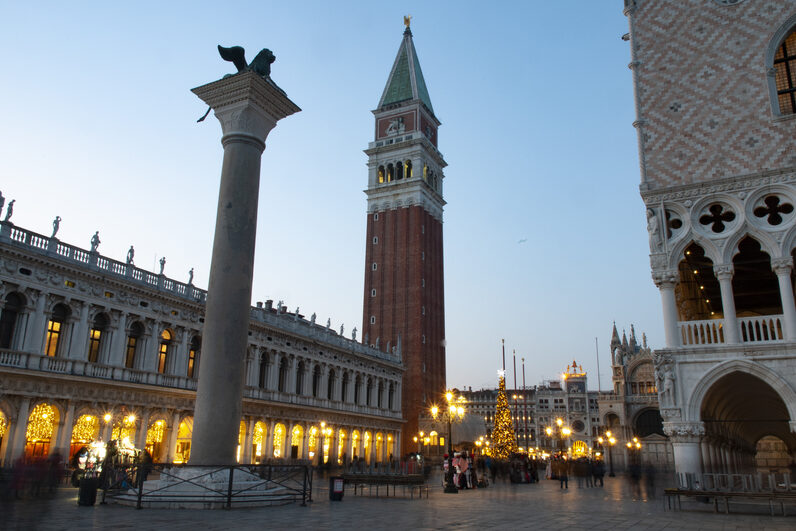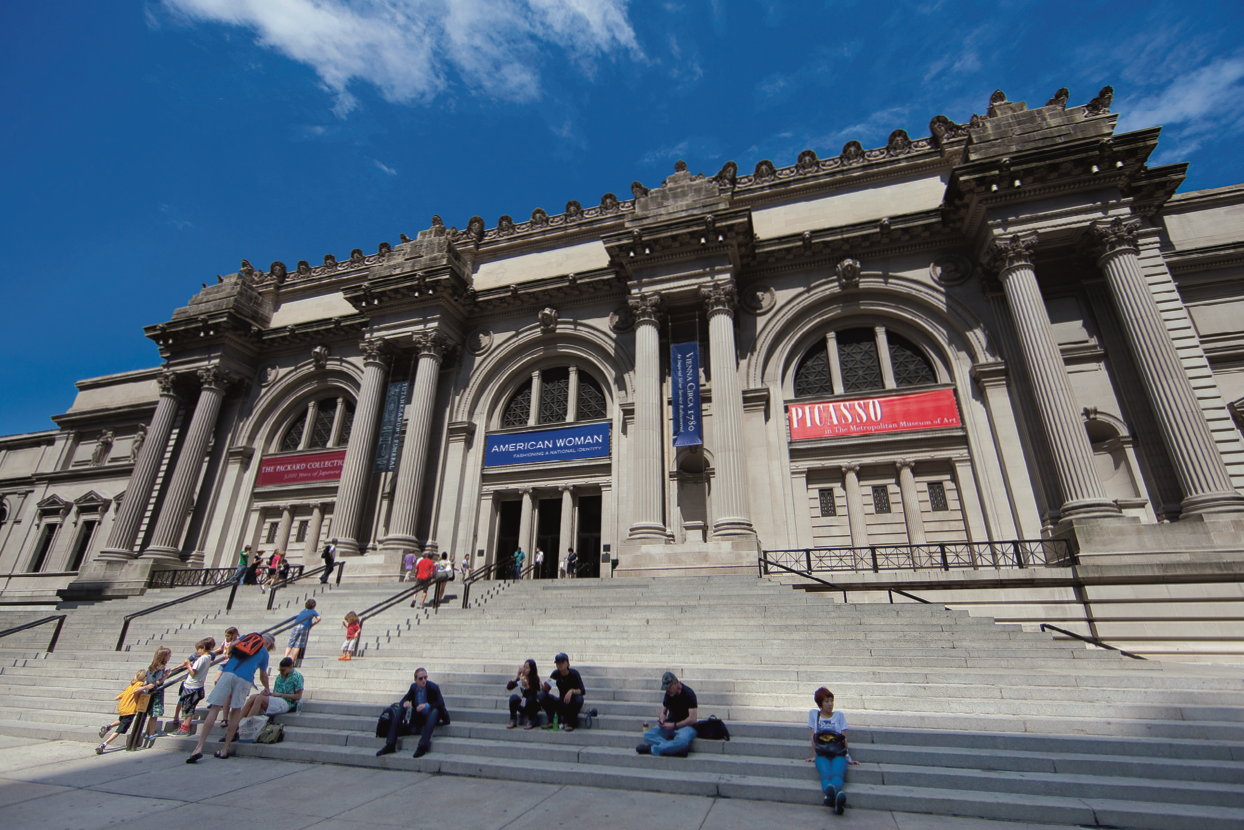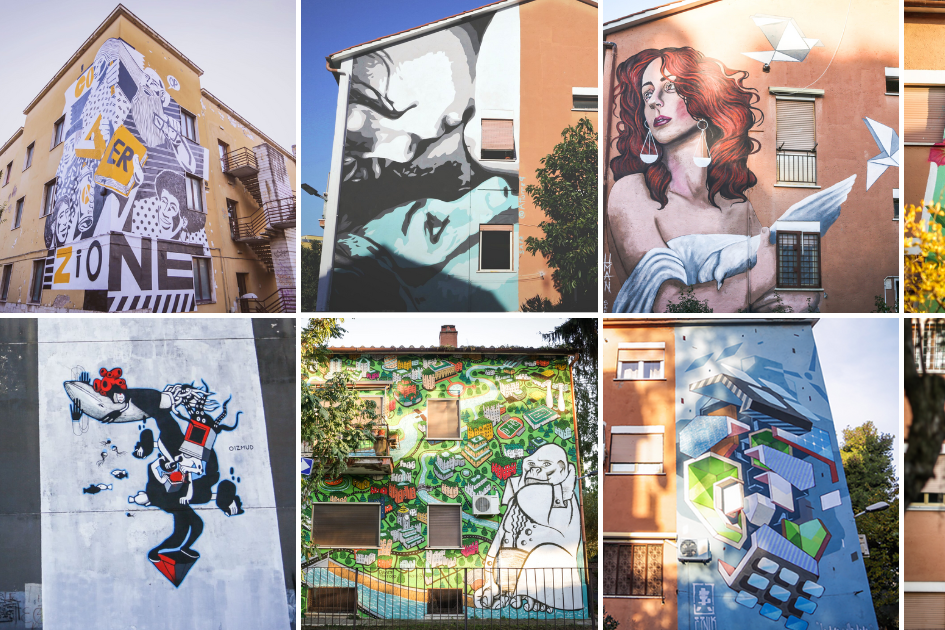Food
If you had to define Italian cuisine with one, single adjective, what would you chose? Personally, I’d go for “simple.” Simplicity is key in many of our most famous recipes, just as attention to using quality ingredients is. But I …
We don’t often think about it, but meats also have seasons. Just as lamb is a talisman of the spring, autumn and early winter is pork season. In the days before freezers, it was the time of the year when …
This is a healthy, warming, and attractive-looking soup. I often prepare these types of soups when I am in need of a light and but comforting meal full of color and aroma. This soup is also perfect as a healthy …
I only ever cook sweet peppers in the summer when they are in season. They are thick fleshed, sweet, and flavorful, in contrast to their sad winter counterparts. In Italy, as the weather turns cold in the fall, they become …
Calabria is known for many reasons: its history and natural beauty, but also its food and the fertility of its soil. Some of the fruits traditionally associated with the region, including those we’re about to discover, developed almost a cult …
Fall is magnificent in Umbria. Wisps of morning mist envelope the fields like a veil. Later in the day, the sun is mellow, the light is golden, the leaves on the trees a rainbow of orange and reds. This is …
Umbrian stringozzi, also named strangozzi, umbricelli, or ciriole are rustic noodles similar to Tuscan pici, but thinner. They are suitable for pasta sauces that pair well with spaghetti, for example norcina, carbonara or cacio e pepe. Stringozzi are delicate and …
Roman cuisine is as iconic as the city it was born in, with many of its most typical dishes having become integral part of our national food tradition, from carbonara to pasta alla gricia, all the way to deliciously cheesy …
Summer has been long and hot here in the Umbria hills, so ragù or cream sauces don’t really appeal with these temperatures. We do consume an inordinate amount of tomato salad and mozzarella, enough to feed a small army. However, …
Towards the end of October, chestnuts finally make their irresistible appearance on our markets in Umbria. This humble fruit has been a staple of the Mediterranean diet for millennia. Near Mount Etna in Sicily, there is a chestnut tree which …
